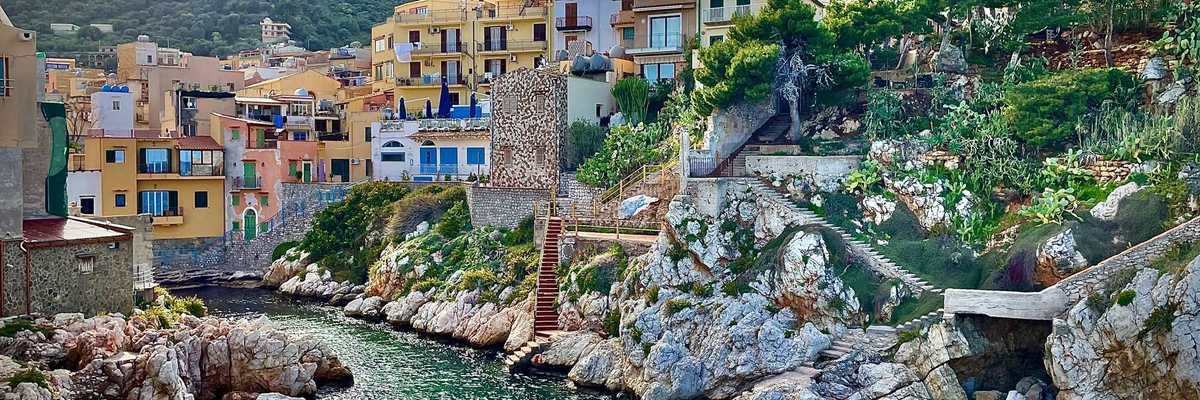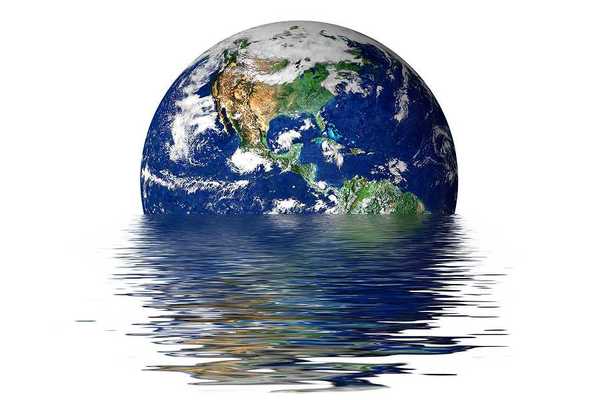human rights
Dutch government discriminated against Bonaire islanders over climate adaptation, court rules
Judgment in The Hague orders Netherlands to do more to protect Caribbean people in its territory from impacts of climate crisis.
Human rights concerns affect climate negotiations
Exclusion and repression of activists at Bonn climate talks highlight justice issues, undermining climate progress and human rights.
In short:
- Developing countries face visa issues and exclusion at the Bonn climate talks, hindering their participation.
- Civil society groups face repression, making it difficult for them to influence climate policies effectively.
- Host countries for upcoming COP summits have poor human rights records, raising concerns about the safety of activists.
Key quote:
"We cannot just be begging to be in the space, and yet at the same time, we’re the ones having to bear the brunt of the climate crisis."
— Proscovier Nnanyonjo Vikman, co-director of Climate Change Action East Africa
Why this matters:
Reports of repression, including limited access and restricted participation, have raised red flags among human rights advocates who argue that such measures stifle the voices of those most affected by environmental degradation. Activists, often on the front lines of environmental justice, play an important role in highlighting the disproportionate impacts of climate change on vulnerable communities. Their absence at these talks not only diminishes diverse perspectives but also undermines the essence of democratic dialogue essential for comprehensive and just climate solutions.
Mining for essential minerals in Eastern Europe and Central Asia linked to rights abuses
A recent U.K. report documents over 400 human rights abuse claims in the mining sector of Eastern Europe and Central Asia, critical for the global shift to sustainable energy.
In short:
- The U.K.-based Business and Human Rights Resource Center tracked abuses in 16 countries, mainly concerning worker safety and environmental damage.
- Russia tops the list with 112 cases, including concealed workplace accidents and severe environmental pollution.
- Economic pressures and weak regulations in the region contribute to ongoing violations, despite increasing global demand for these minerals.
Key quote:
“The race to net zero cannot trample over the poor. The renewables revolution is happening, but we must make sure that it is done in a way that moves us towards justice.”
— U.N. Secretary General António Guterres
Why this matters:
This mining is essential for achieving global low-carbon goals, yet it's mired in human and environmental crises. In regions rich in minerals—vital for everything from construction to technology and energy—local populations often bear the brunt of the industry's less savory practices. The environmental toll is equally concerning, with extensive mining operations contributing to deforestation, soil erosion, water contamination, and air pollution.
Shannon Kelleher: In push to mine for minerals, clean energy advocates ask what going green really means
Europe's court asserts climate safety as a human right, inviting new legal challenges
Europe's leading human rights court has declared that protection from climate change is a fundamental human right, opening the door for individuals to sue their governments over environmental inaction.
In short:
- Europe's top human rights court has decided that safety from climate change is a human right, affecting nearly 50 governments and around 700 million people.
- This precedent-setting judgment allows for national lawsuits against governments for failing to protect citizens from climate dangers.
- Despite dismissing two other climate cases on technical grounds, the court provided guidance for future litigation, suggesting a new pathway for climate-related legal actions.
Key quote:
The verdict will serve "as a blueprint for how to successfully sue your own government over climate failures."
— Ruth Delbaere, legal specialist at Avaaz
Why this matters:
The acknowledgment of climate safety as a fundamental human right represents a new level of commitment to protecting the most vulnerable populations from the adverse effects of environmental degradation.
Chemours and DuPont's knowledge of PFAS risks leads to UN intervention
A United Nations human rights panel has spotlighted a North Carolina PFAS plant for its environmental negligence, highlighting the ongoing production of toxic chemicals despite known health risks.
In short:
- The UN panel accuses Chemours and DuPont of continuing PFAS production in North Carolina, ignoring the chemicals' toxic impacts on health and the environment.
- Regulatory bodies, including the U.S. Environmental Protection Agency, are criticized for being overly influenced by these corporations, undermining efforts to regulate PFAS effectively.
- Despite corporate denials and claims of responsible manufacturing, the UN calls for global action to address the harmful effects of PFAS chemicals on communities worldwide.
Key quote:
“This does need to be a global fight. These are forever chemicals.”
— Emily Donovan, co-founder of Clean Cape Fear
Why this matters:
PFAS, a.k.a. "forever chemicals," persist in our global ecosystem and have had an adverse impact on global health since their inception. Scientists are scrambling for effective solutions to this ubiquitous toxic scourge and we are reminded that "forever" is a long time.
New study outlines key principles for effective natural climate solutions
A recent study highlights foundational and operational principles to guide the implementation of natural climate solutions, emphasizing sustainability and equity.
In short:
- Researchers have identified five foundational principles for natural climate solutions, including equity and sustainability, to address climate change effectively.
- The study emphasizes the importance of respecting human rights and self-determination, especially of Indigenous peoples, in implementing these solutions.
- Experts call for clearer definitions and stronger frameworks to ensure these principles lead to meaningful and lasting climate action.
Key quote:
"We need to stop talking and start doing stuff."
— Peter Ellis, The Nature Conservancy
Why this matters:
This research guides efforts to mitigate climate change through nature-based solutions. It connects to broader national and global discussions on sustainable environmental practices, emphasizing the need for equitable and effective climate action.
The planet’s largest ecosystems could collapse faster than we thought.










